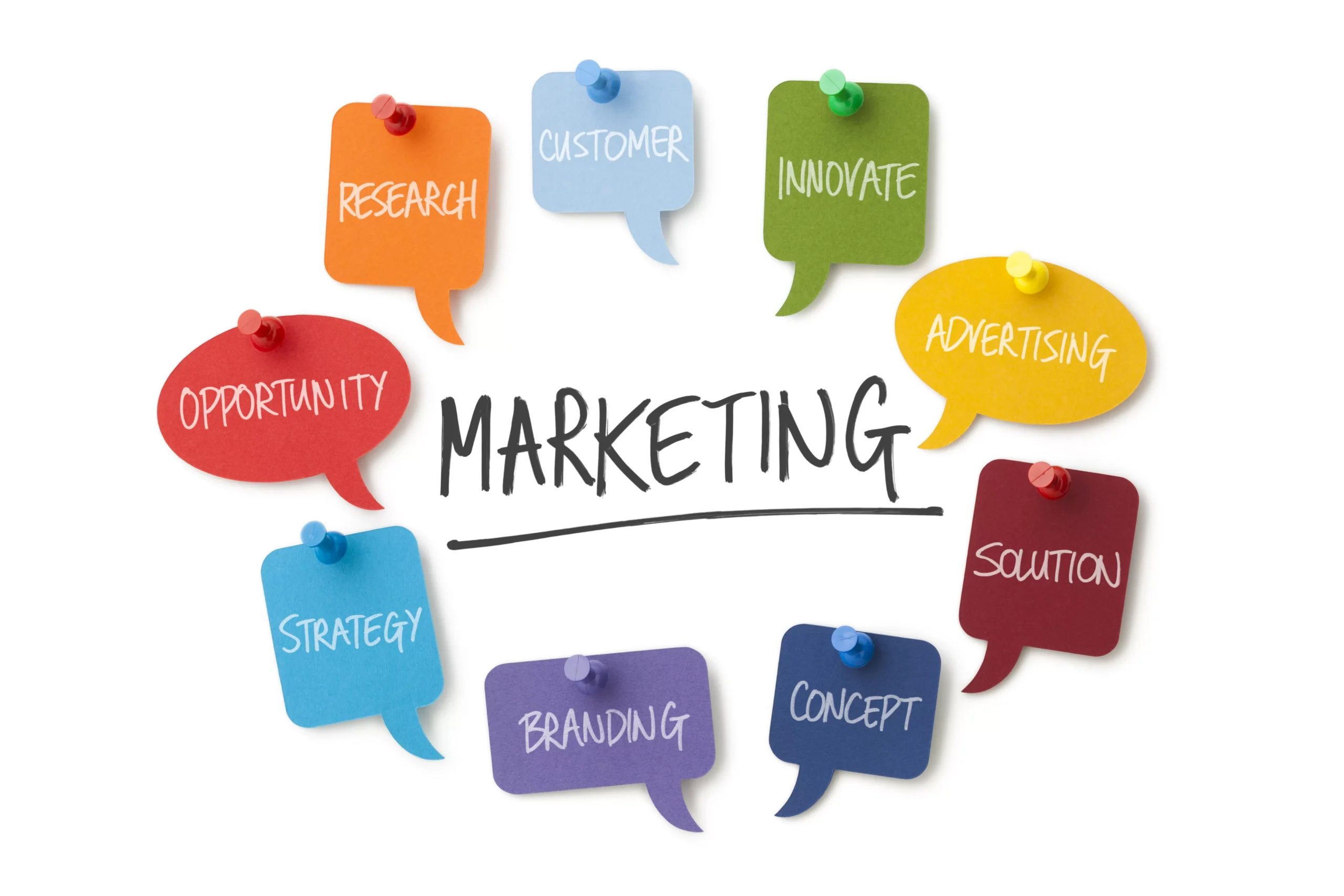The Evolution and Impact of Marketing in the Modern World
The Evolution and Impact of Marketing in the Modern World
Marketing is a fundamental business function that involves the creation, communication, and delivery of value to customers. It plays a crucial role in driving business growth, building brand awareness, and fostering customer relationships. As markets and technologies evolve, so too does the practice of marketing, adapting to new trends and consumer behaviors. This article explores the evolution of marketing, its current strategies, and its impact on businesses and consumers.
The Evolution of Marketing:
Marketing has undergone significant transformation over the decades. Traditionally, marketing was focused on mass media and direct selling. Businesses relied heavily on print advertisements, television commercials, and radio spots to reach a broad audience. The primary goal was to create brand recognition and persuade consumers through persuasive messaging.
The advent of the internet in the late 20th century marked a pivotal shift in marketing practices. Digital marketing emerged as a new field, leveraging online platforms to reach and engage with consumers. The rise of social media, search engines, and email marketing introduced new channels for communication and promotion. This shift allowed for more targeted, data-driven marketing strategies and enabled businesses to track and analyze consumer behavior more effectively.
Current Marketing Strategies:
- Content Marketing: Content marketing focuses on creating valuable, relevant content to attract and engage a target audience. This strategy includes blog posts, videos, infographics, and eBooks. By providing informative and entertaining content, businesses can build trust, establish authority, and drive customer engagement. Content marketing also supports SEO efforts by improving organic search rankings and increasing website traffic.
- Social Media Marketing: Social media platforms such as Facebook, Instagram, Twitter, and LinkedIn offer powerful tools for reaching and interacting with consumers. Social media marketing involves creating and sharing content, running paid advertisements, and engaging with followers. It allows businesses to build brand loyalty, gather feedback, and foster a community around their brand.
- Search Engine Optimization (SEO): SEO is the practice of optimizing a website to improve its visibility in search engine results pages (SERPs). By focusing on keyword optimization, content quality, and technical aspects of the website, businesses can increase organic traffic and attract potential customers actively searching for their products or services.
- Email Marketing: Email marketing remains a highly effective strategy for nurturing customer relationships and driving conversions. Personalized email campaigns, newsletters, and promotional offers help businesses stay top-of-mind with their audience. Advanced segmentation and automation allow for targeted communication based on customer preferences and behaviors.
- Influencer Marketing: Influencer marketing involves partnering with individuals who have a significant following on social media or other platforms. Influencers can help promote products or services through authentic endorsements, reaching a highly engaged audience. This strategy leverages the influencer’s credibility and relationship with their followers to drive brand awareness and sales.
The Impact of Marketing:
Marketing has a profound impact on both businesses and consumers. For businesses, effective marketing strategies can lead to increased brand recognition, customer acquisition, and revenue growth. It enables companies to differentiate themselves from competitors, build a strong brand identity, and create lasting customer relationships.
For consumers, marketing provides valuable information about products and services, helping them make informed purchasing decisions. Engaging marketing campaigns can enhance the overall customer experience.




Post Comment